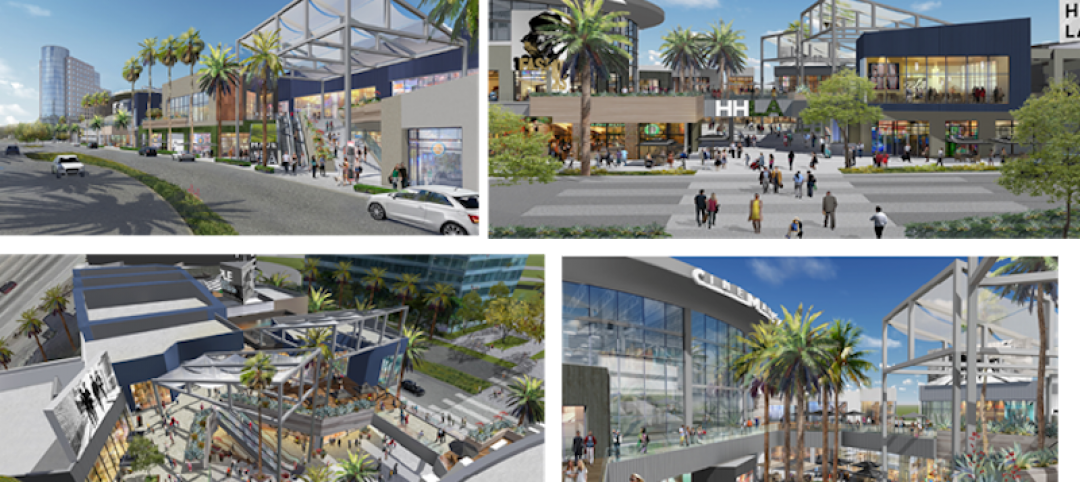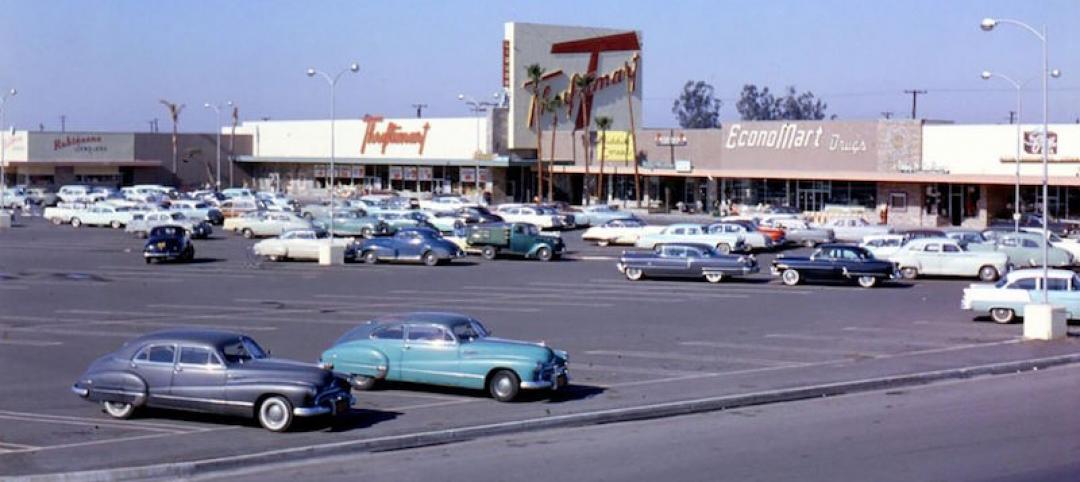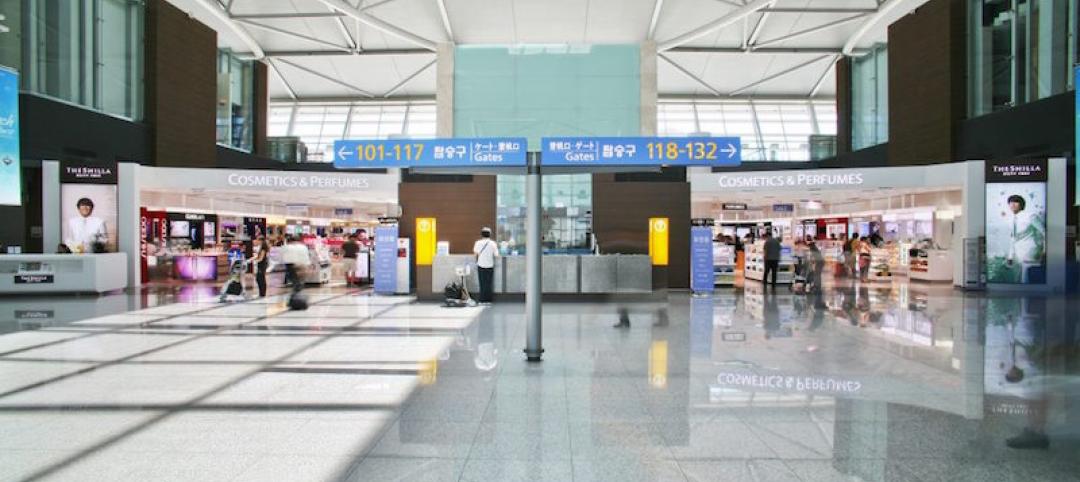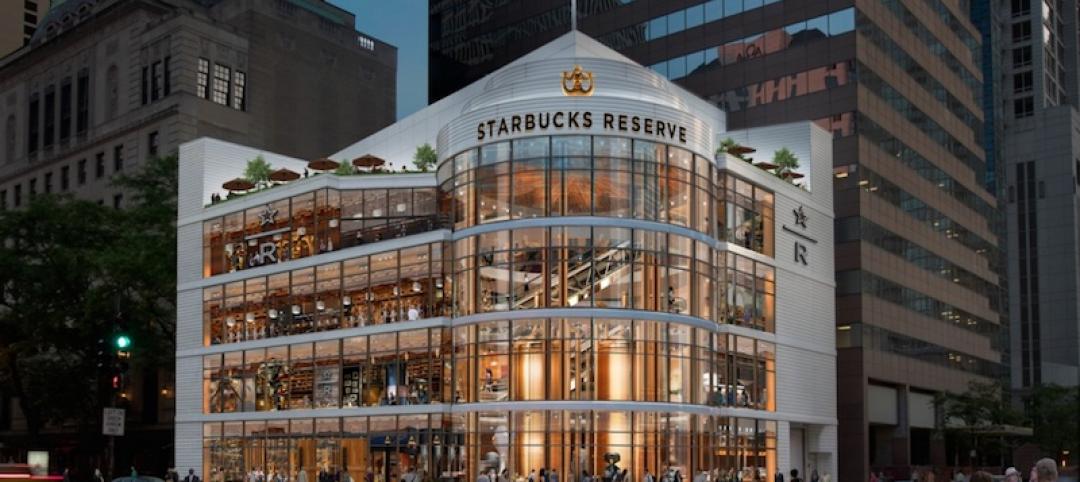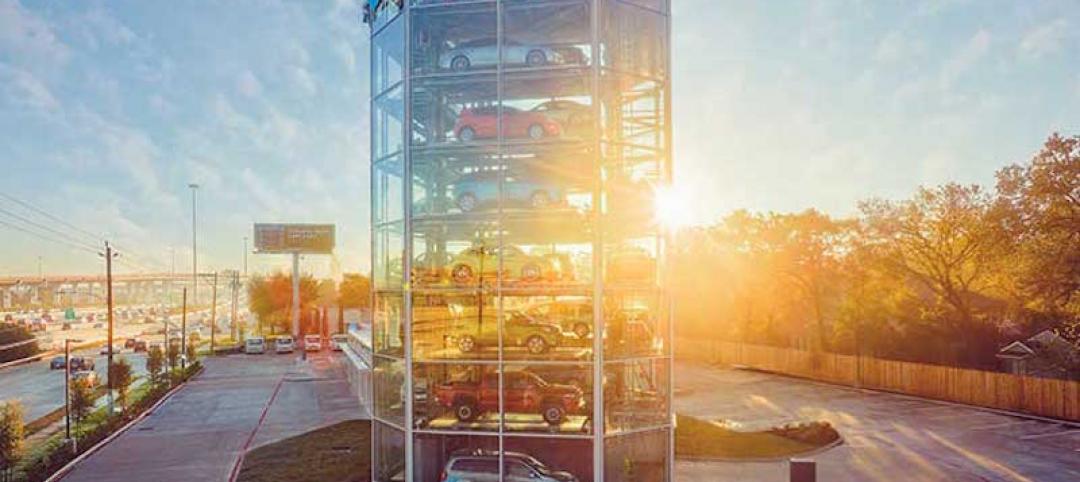When Mamava founders, Sascha Mayer and Christine Dodson, developed the concept for a mobile lactation unit, it came more from necessity than creativity. As working mothers, traveling without their nursing infants, both encountered issues with pumping in a safe, comfortable space. They noticed that while breastfeeding is strongly encouraged for mothers, accommodations to do so are somewhat lacking.
"We knew we could find a flexible, affordable solution to this problem," said Mayer. "We wanted to create something that was affordable yet easy to place, easy to clean, and provides safety and privacy for moms."
Since its conception in 2006, the Mamava lactation pod has undergone several changes in design. Shortly after partnering with Konrad Prefab, which specializes in prefabricated architectural environments, the sleek, modern shape was born. David Jaacks, owner of Konrad Prefab chose a mix of ALPOLIC® materials (timber series wood grain finish and Graphic-AL composite) for the body of the lactation suite based on previous fabrication experience.
"Throughout my career, I’ve used all kinds of products for retail design, environmental spaces, and trade show exhibits. When Mamava and I talked through the concept and settled on a design, I chose ALPOLIC® because it’s easy to work with, durable, yet lightweight and flexible," said Jaacks. "We could also print on it to customize the unit for the buyer, so it was all the things we really needed."

Jaacks manufactures the units in Konrad Prefab’s Springfield, VT facility, and ships the components to the end user in sections for on-site assembly. All necessary tools and instructions are included, and he estimates even a novice can construct a unit in less than three hours. To date, nearly 300 units can be found across the nation in airports, offices, sports arenas, conference centers, and government and military buildings.
Complete with LED lighting, motion sensors, and air circulation fans, the Mamava lactation suite provides businesses with a cost effective option for compliance with the Fair Labor Standards Act, which requires a private space (that is not a bathroom) for nursing mothers.
The idea for Mamava may have come from personal struggles, but the movement it created is a direct result of a digitally connected society. Mamava understands its users, so the lactation suites are accessible via an app that allows users to identify pods in their area (airport, sports arenas, malls,) and then reserve their time slots. Electronic sensors on the units lock and unlock using the phone app so privacy and availability are assured.
"Millennial moms helped push this initiative," said Mayer. "They are helping keep up this momentum through social media, and we are very excited about the opportunity this provides for constructive discussion."
To learn more about the partnership between Mamava, Konrad Prefab, and ALPOLIC®, visit www.alpolic-americas.com/mamava.
Related Stories
Retail Centers | Jul 20, 2017
L.A.’s Promenade at Howard Hughes Center receives a new name and a $30 million cash injection
Laurus Corporation and The Jerde Partnership will team up to rebrand the center as a family-friendly dining and entertainment destination.
Retail Centers | Jul 17, 2017
Subway updates restaurants, brand with fresh design and improved customer experience
FRCH Design Worldwide is leading the redesign that will start with 12 pilot locations across the country.
Retail Centers | Jul 10, 2017
The retail renaissance part II: The role of planning and development in the future of shopping
The retail sector is charting unfamiliar territory as web sales and evolving tastes force a paradigm shift.
Retail Centers | Jun 21, 2017
Creating communities from defunct malls
It’s time to plan for the suburban retail reset—and it starts by rethinking the traditional mall.
Mixed-Use | May 17, 2017
The Lincoln Common development has begun construction in Chicago’s Lincoln Park
The mixed-use project will provide new apartments, condos, a senior living facility, and retail space.
Airports | May 15, 2017
Five trends for airport retail
CallisonRTKL Vice President Kevin Horn pinpoints how travel retail is changing dramatically.
Retail Centers | May 3, 2017
18 Carbon fiber wings grace Foster + Partners-designed Apple Dubai Mall terrace
The store’s large terrace provides views of the Burj Khalifa and the Dubai Fountain.
Retail Centers | May 2, 2017
43,000-sf Chicago Starbucks will be world’s largest
The new branch will be located along Chicago’s Magnificent Mile in a building currently occupied by a Crate & Barrel store.
Healthcare Facilities | Apr 28, 2017
Can healthcare be retail?
Healthcare systems have much to learn from retail. While they have been laser-focused on delivering exceptional patient care on their primary campuses, they face an onslaught of new challenges as they embrace a retail strategy to expand outpatient services and their ambulatory network.
Retail Centers | Apr 27, 2017
Changing an automotive retail paradigm
Significant changes are underway as automotive manufacturers and retailers try to anticipate consumer demands in changes in their business models.



